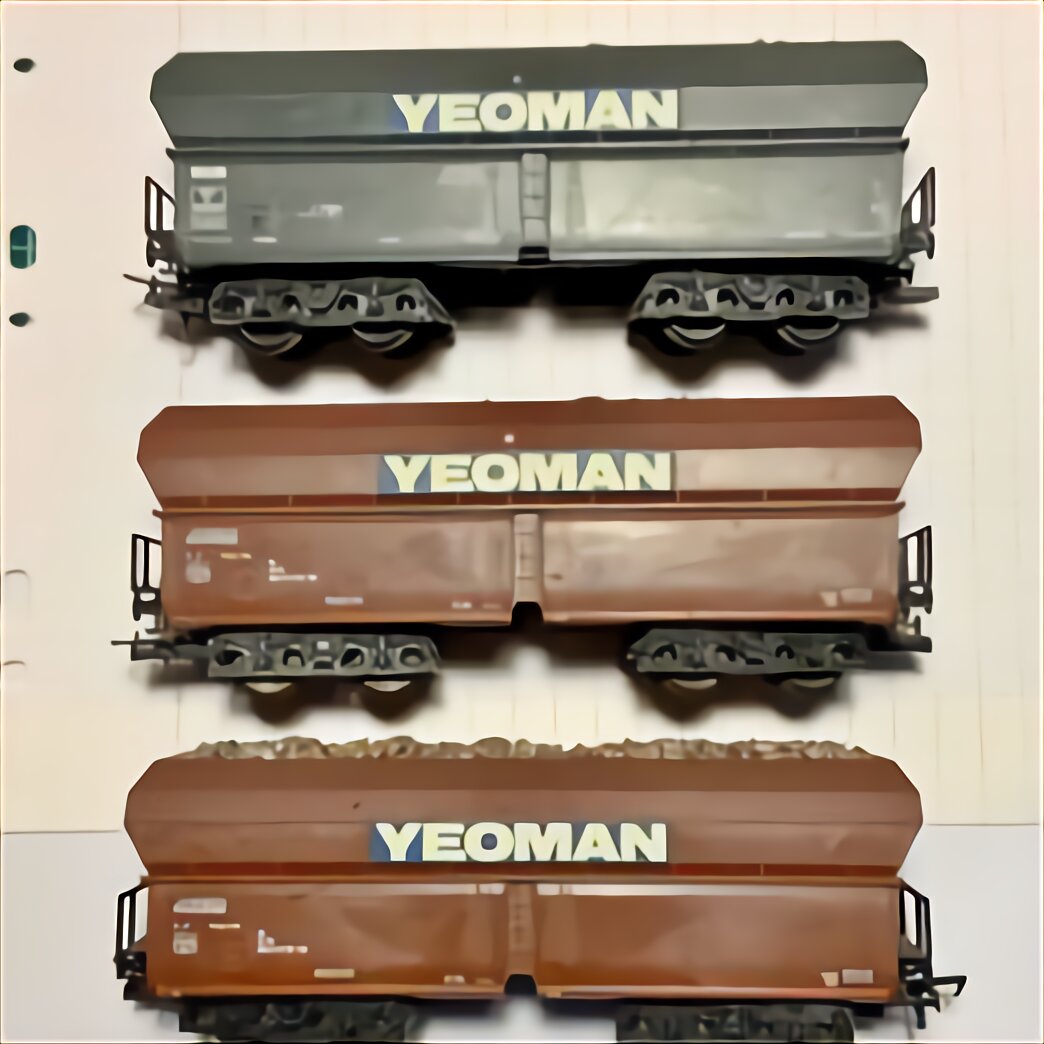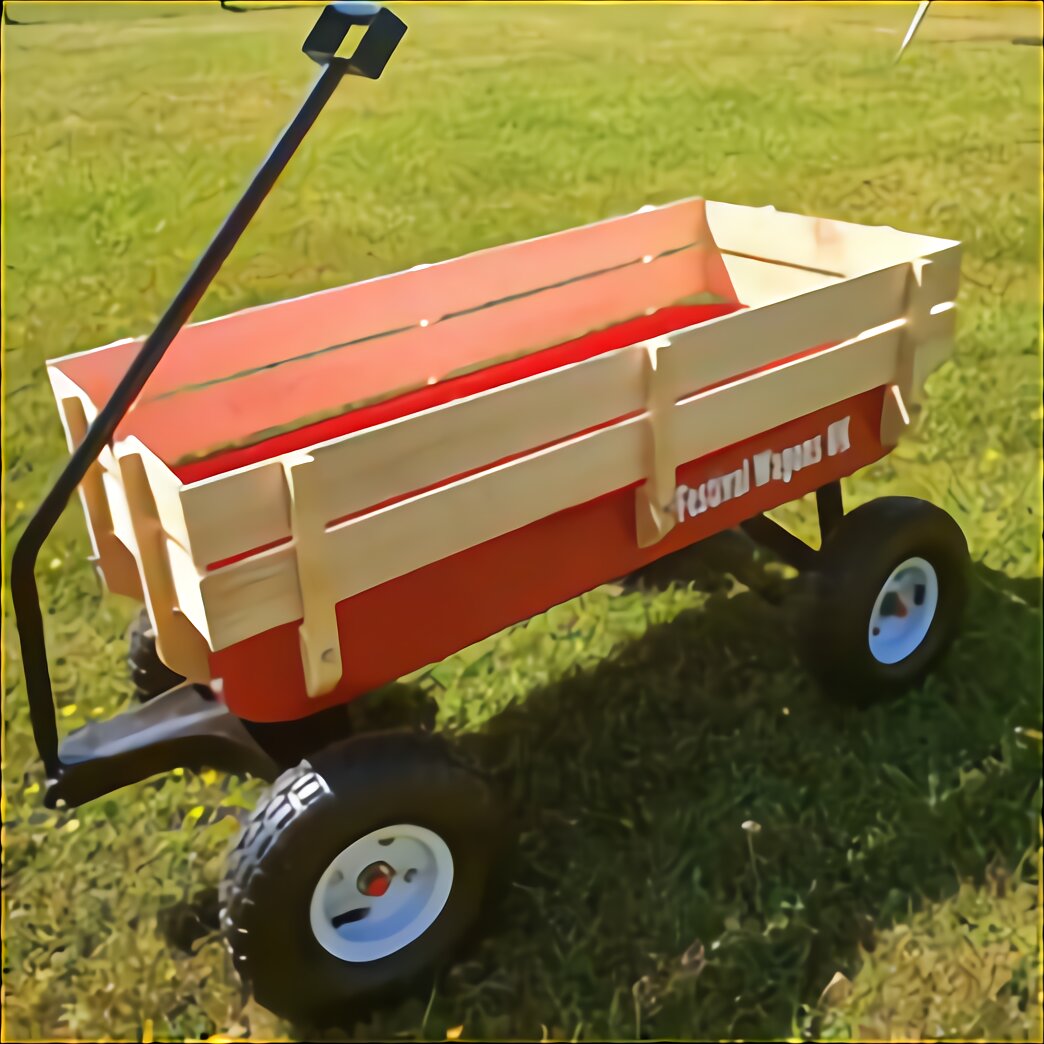Used G Wagons For Sale – One of the major environmental concerns with new products is the waste that they often generate at the end of their life cycle. Most new items, particularly electronics, are designed with built-in obsolescence. From the most trivial items in a dollar store to the most precious works of art in a museum, everything can be assigned a price. The rise of minimalism and a desire for unique, vintage items has also played a role in the growing popularity of second-hand goods. The global marketplace, with its constant buying and selling, influences everything from politics to the environment, creating ripple effects that are felt far beyond the immediate transaction. The world may increasingly operate under the assumption that everything is for sale, but the human spirit, with its capacity for love, creativity, and compassion, refuses to be bought. By buying second-hand goods, consumers can feel good about supporting their communities and giving back to those in need. The production of new goods often requires significant resources, such as raw materials, energy, and labor, while also generating waste and contributing to pollution. Another aspect that contributes to the appeal of quality goods for sale is the level of detail and attention given to the design. Legal experts are often involved at this stage to ensure that the transaction is conducted in compliance with all relevant laws and regulations. But the financial aspect is only one part of the equation. These concepts, they say, are too sacred, too important to be reduced to mere transactions. The artist who created it may have one understanding of its worth, while a collector may see it as a valuable investment, and a casual admirer might simply appreciate its beauty without considering its monetary value. Similarly, a quality suit made from fine wool will age gracefully, developing a patina that speaks to its craftsmanship. Business brokers play a key role in facilitating the transaction by acting as intermediaries between the buyer and seller. Economic downturns, for example, can influence the types of businesses that are put up for sale, as struggling companies may look to exit the market. But what about the intangible things? Can memories be bought? Can feelings, emotions, or connections be traded? In a sense, many people would argue that in today’s world, even the intangible is up for grabs. Many second-hand clothing stores and online platforms specialize in curating high-quality, gently used apparel, making it easy for consumers to find fashionable items that align with their tastes. Second-hand markets also promote the idea of a circular economy, an economic system that focuses on reducing waste and reusing products. These items are often crafted with a sense of purpose, where every stitch, joint, and component is carefully considered to create a product that not only functions well but looks beautiful in the process.

10 Badass Custom Mercedes GWagons
Complimentary nav updatesgenesis connected servicegenesis service valet

Used G Wagon For Sale Photos All
Complimentary nav updatesgenesis connected servicegenesis service valet
Used G Wagon For Sale Photos All
Complimentary nav updatesgenesis connected servicegenesis service valet

G Scale Wagons for sale in UK 58 used G Scale Wagons
Complimentary nav updatesgenesis connected servicegenesis service valet

Used GWagon 2016 for sale. CANASEI
Complimentary nav updatesgenesis connected servicegenesis service valet

Used GWagon 2016 for sale. CANASEI
Complimentary nav updatesgenesis connected servicegenesis service valet

Custom used chuck wagons covered wagons sheep wagons for sale Artofit
Complimentary nav updatesgenesis connected servicegenesis service valet

Used G Wagon For Sale Photos All
Complimentary nav updatesgenesis connected servicegenesis service valet

Used G Wagon For Sale Photos All
Complimentary nav updatesgenesis connected servicegenesis service valet

Wagons for sale in UK 91 used Wagons
Complimentary nav updatesgenesis connected servicegenesis service valet
Whether through thrift stores, flea markets, online platforms, or garage sales, second-hand goods provide consumers with an opportunity to find items they might not otherwise be able to afford, while also contributing to a circular economy where products are reused and repurposed. Online platforms also give buyers and sellers the chance to evaluate one another through reviews and ratings, adding an extra layer of trust and security to the transaction. The materials, labor, and expertise that go into crafting these items naturally make them more expensive. Historically, many products were made by local craftsmen, and there was a direct relationship between the creator and the consumer. In the age of immediacy, it can often feel as though many goods are made with built-in obsolescence, created to be replaced every few years. After the sale is complete, the buyer assumes responsibility for the business and takes control of its day-to-day operations. Whether it’s the affordability, the environmental impact, or the opportunity to find unique items, second-hand goods provide an alternative to traditional retail shopping that is both practical and sustainable. People place their belongings for sale for many reasons. In times of financial hardship, such as during recessions or periods of high unemployment, more people may turn to second-hand goods as a way to save money. Many people continue to resist the notion that everything has a price, and they fight to reclaim what is meaningful and valuable in life. They are intended to last for a limited amount of time, after which they become outdated, broken, or no longer functional. Second-hand goods, especially those that are vintage or antique, often carry a sense of history and craftsmanship that can be missing from mass-produced products. But the financial aspect is only one part of the equation. These generations are more aware of the environmental impact of fast fashion, disposable goods, and the need to adopt more sustainable practices. The most obvious benefit is the cost savings. This subjective nature of value is what makes the “for sale” market so dynamic. Success after the acquisition depends on a variety of factors, such as effective leadership, market conditions, and the buyer’s ability to make improvements and capitalize on growth opportunities. The promise of success in a marketplace driven by capitalism can be an illusion for those who don’t have the resources or opportunities to compete on equal footing. The advent of these online platforms means that consumers can hunt for items they might have otherwise overlooked or been unaware of, sometimes at a fraction of the original cost. But is this a reflection of reality? Or is it an illusion we’ve created, an idea we’ve accepted in order to make sense of a world that increasingly revolves around consumption and profit?
At the core of this idea lies the assumption that everything, no matter how unique or rare, can be exchanged.
Many buyers are drawn to industries where they already have experience, while others may seek a business in an entirely new field in order to diversify their portfolio. Some need the money, some want to declutter, and others might feel the urge to let go of possessions as they enter new phases in their lives. As society has evolved, the scale of production has expanded, and many quality goods are now mass-produced or distributed through large retail chains. Those who are born into privilege have the means to buy their way to the top, while others are left behind, forced to sell their time, energy, and even their dignity in order to survive. The concept of a circular economy, where products are reused and repurposed instead of discarded, is central to the appeal of second-hand goods. Through online marketplaces and platforms, small businesses and independent creators can sell their goods to a global audience. The possibilities are endless, and the result is often something more unique and personal than what could be bought new. These platforms provide a convenient way for sellers to connect with potential buyers, set their prices, and arrange for shipping or pick-up. The idea of “everything for sale” challenges our understanding of what is sacred, what is essential, and what is truly priceless. The same logic applies to tools, kitchen appliances, furniture, and even technology. At its core, “for sale” signifies that something is available for purchase, but beyond that, it tells a story of desire, exchange, and transition. Unlike starting a business from scratch, which requires time to build a reputation and establish market credibility, buying an existing business means stepping into an environment where some of the groundwork has already been done. The materials, labor, and expertise that go into crafting these items naturally make them more expensive. Influencers sell their attention, their opinions, their lives — all of it has become a form of commerce. Many second-hand clothing stores and online platforms specialize in curating high-quality, gently used apparel, making it easy for consumers to find fashionable items that align with their tastes. For the buyer, it can feel like a great opportunity, a chance to acquire something they’ve been searching for, or maybe just the satisfaction of knowing that a good deal is within reach. The culture of buying second-hand goods is rapidly shifting in the modern world, particularly among younger generations. For the seller, there is the risk that they may not be able to find a buyer who is willing to pay the desired price, or that the sale may not go through as planned. For instance, businesses in industries such as technology, renewable energy, or e-commerce may attract more buyers due to their perceived growth potential. Whether it’s vintage clothing, antique furniture, or used luxury watches, second-hand goods offer an opportunity for buyers to find quality items that are no longer available in stores.